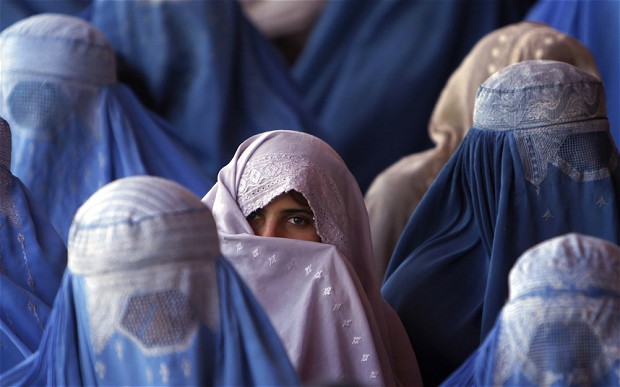U.N. Envoy Pushes for Safer Schools Worldwide
Ensuring safe schools?

UNITED NATIONS (IPS): Speaking from the United Nations Headquarters in New York on Wednesday, the U.N. Special Envoy for Global Education, Gordon Brown, defined 2015 as the year to end violations of the rights of the children worldwide.
“It is time for us to end the shameful breaches of international law that violate the rights of millions of children by calling a halt to the militarization of schools, stopping the now-growing abduction of school pupils as weapons of war and insisting – even in conflict zones – that properly resourced ‘safe schools’ enable children to enjoy their education in peace”, Brown said.
The British ex-Prime Minister highlighted the case of South Sudan, saying “The tragedy in South Sudan with schools being militarized and over 12,000 children abducted to serve as child soldiers must be stopped.”
Having recently visited Pakistan, Nigeria, the Democratic Republic of Congo (DRC) and South Sudan, Brown said that the international community should focus on several steps to change the status quo.
Firstly, Brown called for the international community to reach an agreement on a new multi-million dollar Global Humanitarian Fund for Education in Emergencies, to be set before the Oslo Summit on Global Education in July.
Brown also announced his call for a conference in Washington on April 16, on educating the half-million Syrian child refugees in Lebanon. Following an agreement reached with the Lebanese minister of education, the aim is to raise $163m for Lebanese schools to operate on a double-shift system to sustain Syrian children’s schooling.
Thirdly, Brown highlighted the importance of schemes like the Safe Schools Initiative, which has just been launched in Pakistan after initial success in Nigeria. The Pakistani government, in partnership with UNICEF and the Global Business Coalition for Education, will launch safety-assessment technology in around 1000 pilot schools in the country. Soon, the initiative will be extended to countries like South Sudan, Lebanon and the DRC.
In Nigeria, the Safe Schools Initiative has raised $30m, with a large contribution from the United States, said Brown. “Nearly 30,000 children displaced by Boko Haram are in double-shift schools and additional children in at-risk areas are benefiting from school relocation and increased security measures,” he added.
Brown invited all countries to sign the international Safe School Declaration (recognized now by 30 countries), which provides the same protection as Red Cross Hospitals.
In closing, Brown urged the international community to increase funding for education as a percentage of humanitarian aid, which is currently at 1 percent. “Insisting on a new fund for education in emergencies is necessary to prevent millions of children from falling through the cracks,” he said.
“We need to re-address aid funds for education and Sustainable Development Goals through partnership with the private sector, and the use of social impacts bonds.”



